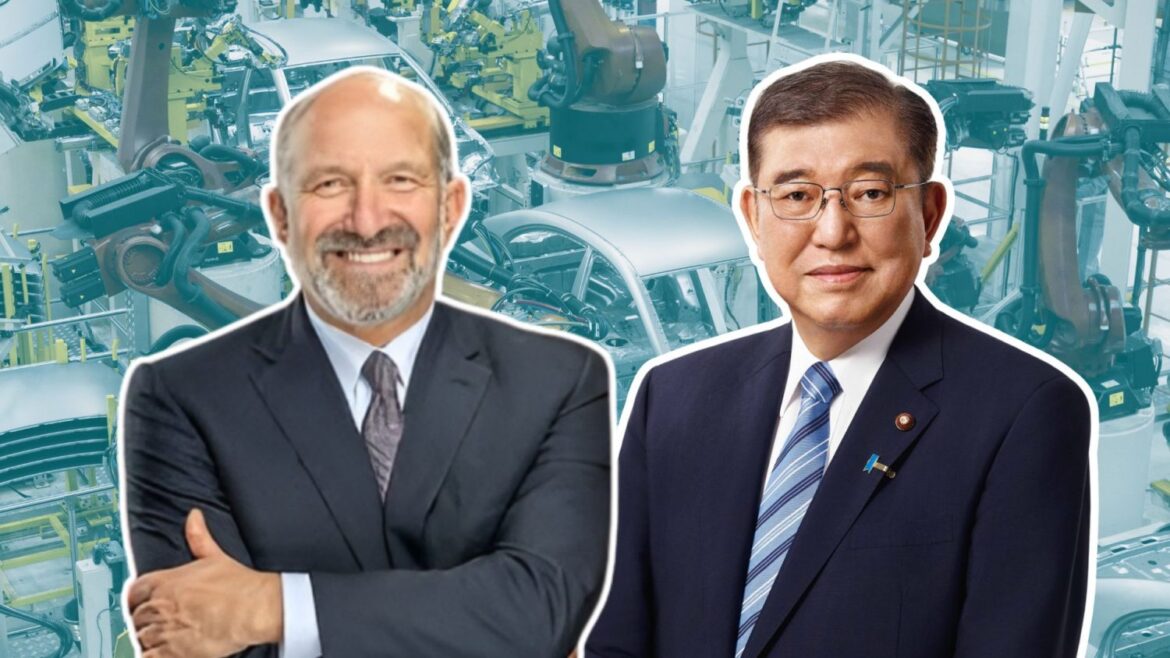During a Washington meeting on Wednesday, trade negotiator Ryosei Akazawa urged U.S. Commerce Secretary Howard Lutnick to swiftly implement a previously agreed tariff cut on Japanese cars and auto parts. The U.S. had agreed last month to lower duties on Japanese vehicle imports from 27.5% to 15%, but has yet to provide a formal timeline or written confirmation.
This meeting came hours after President Donald Trump enacted broader tariff increases on dozens of global trading partners, leaving Japanese officials scrambling to confirm whether the 15% rate would stack on top of the existing tariff. However, Japanese Prime Minister Shigeru Ishiba told reporters Thursday there were no discrepancies in interpretation, but the lack of a signed joint statement continues to generate political backlash.
Sign up for CBT News’ daily newsletter and get the latest industry stories delivered straight to your inbox.
Ishiba’s administration, already under pressure following his party’s election losses, is facing mounting criticism for not formalizing the trade deal in writing. Opposition lawmakers argue the absence of documentation could leave Japan vulnerable to sudden policy shifts from Washington.
Here’s why it matters:
If the tariff goes into effect without additional charges, Japanese auto brands and parts could become significantly more affordable for U.S. dealers and consumers. However, ongoing uncertainty over whether new 15% tariffs will stack with existing ones may disrupt pricing forecasts, inventory strategies, and import scheduling, particularly for dealers who rely heavily on Japanese nameplates or parts.
Key takeaways:
Tariff cut still not finalized
Although the U.S. agreed to reduce tariffs on Japanese auto imports from 27.5% to 15%, there is no formal deadline or signed document committing to the change.
Risk of double tariff application
Japanese officials fear a 15% tariff may be added on top of existing duties due to unclear language in President Trump’s executive order. This could negate the expected cost relief for imported vehicles and parts.
Lack of written agreement raises doubts
Prime Minister Ishiba’s decision to forgo a written statement is facing criticism in Japan’s parliament, with lawmakers warning that ambiguity leaves the door open to future U.S. reversals or reinterpretations.
Mixed signals from Washington
While one White House source reportedly indicated stacked tariffs may apply, Japan’s top officials say they’ve been reassured that they will not.
Political instability adds market uncertainty
With Japan’s ruling coalition weakened after election losses and Ishiba under pressure, political instability could complicate future trade enforcement or renegotiations.


AloJapan.com